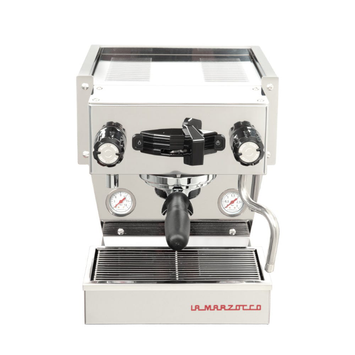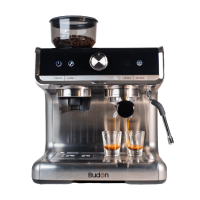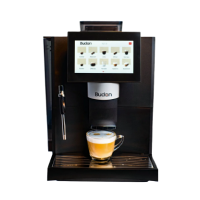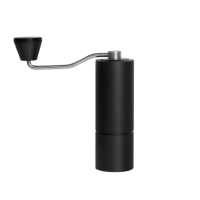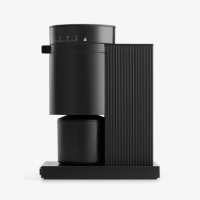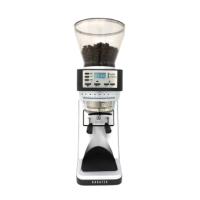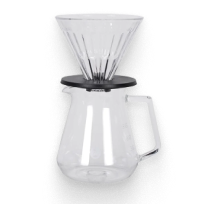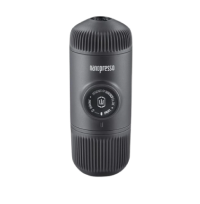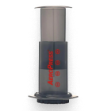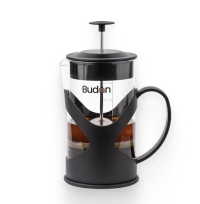Most searched products
Budan In-Built Espresso Machine
13 reviews
Regular price
Rs. 41,499.00
Sale price
Rs. 41,499.00
Regular price
Rs. 99,999.00
Unit price
/per
Budan Fully Automatic Coffee Machine
17 reviews
Regular price
Rs. 42,499.00
Sale price
Rs. 42,499.00
Regular price
Rs. 89,999.00
Unit price
/per
Budan Infinity Coffee Machine
9 reviews
Regular price
Rs. 61,499.00
Sale price
Rs. 61,499.00
Regular price
Rs. 99,999.00
Unit price
/per
Budan Infinity Pro Coffee Machine
No reviews
Regular price
Rs. 68,999.00
Sale price
Rs. 68,999.00
Regular price
Rs. 99,999.00
Unit price
/per
Budan M100 Professional Coffee Machine
4 reviews
Regular price
Rs. 184,999.00
Sale price
Rs. 184,999.00
Regular price
Unit price
/per
Budan M50 Professional Coffee Machine
4 reviews
Regular price
Rs. 109,999.00
Sale price
Rs. 109,999.00
Regular price
Rs. 199,999.00
Unit price
/per
Budan One Touch
7 reviews
Regular price
Rs. 13,999.00
Sale price
Rs. 13,999.00
Regular price
Rs. 29,999.00
Unit price
/per
Most searched keywords
Regular price
Rs. 1,399.00
Sale price
Rs. 1,399.00
Regular price
Regular price
Rs. 5,999.00
Sale price
Rs. 5,999.00
Regular price
Regular price
Rs. 1,799.00
Sale price
Rs. 1,799.00
Regular price
Regular price
Rs. 1,899.00
Sale price
Rs. 1,899.00
Regular price
Rs. 1,999.00
Regular price
Rs. 3,299.00
Sale price
Rs. 3,299.00
Regular price
Rs. 3,999.00
Pour-over is a manual coffee brewing method where hot water is poured over ground coffee in a filter, allowing you to control the brewing process for a clean, flavorful cup.
You’ll need a pour-over dripper, a gooseneck kettle, filters, and freshly ground coffee beans.
Pour-over gives you full control over brewing variables, resulting in a clean, bright cup that highlights the coffee's unique flavors.
Use freshly ground coffee, pour water slowly in a spiral, and maintain a water temperature between 195°F and 205°F for best results.
Pour-over brewing offers control, consistency, and a clean cup, making it perfect for coffee lovers who want to personalize their brew.
Bangalore Office:
Coffee Codes India Private Limited Address:3302 L, 12th A Main Rd, HAL 2nd Stage, Extension, Indiranagar, Bengaluru, Karnataka 560008
Surat Office:
Somethings Brewing
Coffee Codes India Private Limited
Address: G6,Ground floor, SNS Arista building, Taluka, beside Meraki coffee house, Majura, Vesu, Surat, Gujarat 395007
Support:
Shop by Brands (Machines & Gear)
Best Sellers
Budan Espresso Machine
|
Budan Espresso Machine with Built in Grinder
|
La Marzocco Linea Mini
|
Timemore C2S Hand Grinder
|
Lelit Bianca Coffee Machine Silver 220V
|
Rancilio Silvia V6
|
Lelit Anna With PID Coffee Machine
|
Budan Electric Espresso Grinder
|
Baratza Encore Grinder
|
La Marzocco Linea Mini -Silver
|
Baratza Sette 270
|
Budan Pro Espresso Machine
|
Budan Electric Temperature Control Kettle
|
Lelit Mara X Coffee Machine
|
Fellow Stagg EKG
|
Aillio Bullet R1 V2 Roaster
|
Saeco Royal OTC
|
La Marzocco Linea Micra


















![Fellow Stagg Pour-Over Dripper [ Stagg X ]](http://somethingsbrewing.in/cdn/shop/files/1_ea6e3bd5-310a-4197-b5f6-417936d1ea8b.jpg?v=1689693983&width=1500)
![Fellow Stagg Pour-Over Dripper [ Stagg X ]](http://somethingsbrewing.in/cdn/shop/files/2_bdc763b2-c003-49b1-aadb-49c5d4b21c10.jpg?v=1689693993&width=1500)





